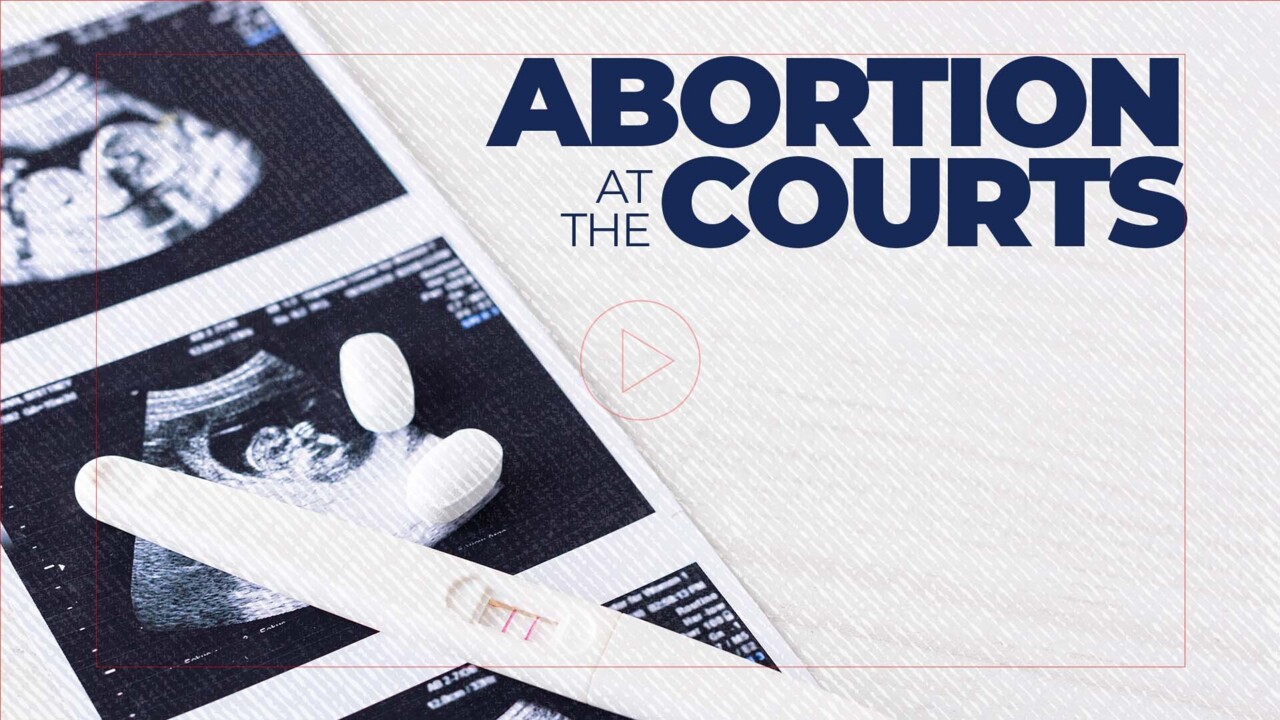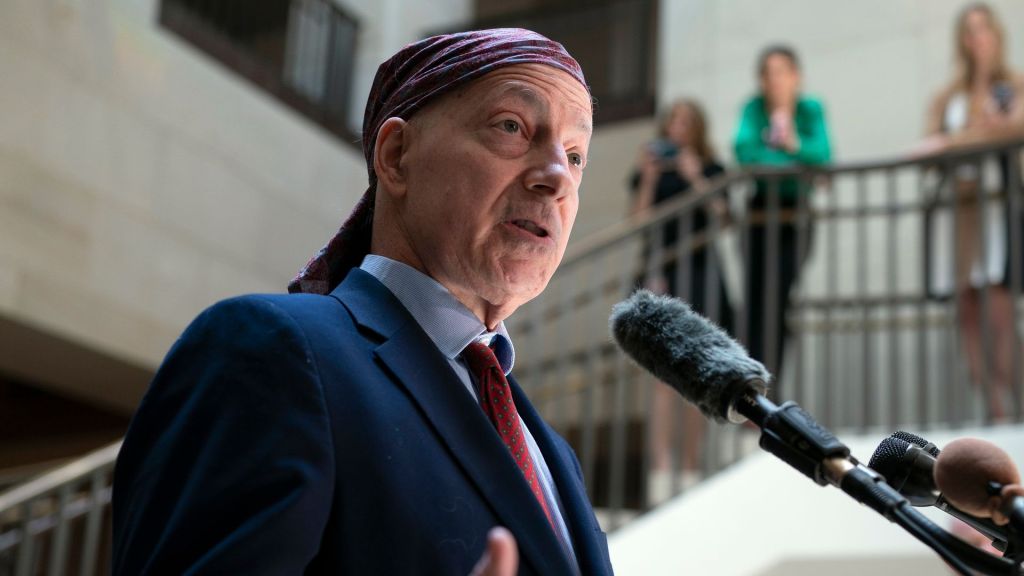
Two state supreme courts, two similar abortion laws, and two opposing decisions. All possible because of Dobbs.
The Idaho Supreme Court upheld a near total abortion ban that makes exceptions for rape, incest and to save the life of the mother. In the 3-2 decision, the justices said the Idaho Constitution does not contain an explicit right to an abortion. The majority noted they were making their decision based on the original text of the state’s constitution and the framer’s intent. Therefore, they said, the Inalienable Rights Clause in Article 1, Section 1 of the state’s constitution was meant by the state’s framers and adopters to protect the rights to life, liberty and property. They also wrote they were only ruling on the law’s constitutionality and not making a statement as to whether it is wise policy.
In South Carolina, the state supreme court struck down a six week abortion ban known as a heartbeat bill. The 3-2 decision states the law that banned abortions after cardiac activity is detected violates the state’s constitutional right to privacy. The Justices wrote that the state does have the authority to curtail abortion, but needs to give the pregnant woman time to determine they are pregnant and then take steps to terminate the pregnancy if they desire. The justices wrote six weeks is not enough time for that to happen. A twenty week abortion ban in South Carolina will remain in effect.
These opposing state decisions are possible only because of the United State’s supreme court’s Dobbs decision, which gave the authority to pass abortion policy back to the states. Before that, both of these laws would have been ruled unconstitutional under Roe v. Wade.
We have more coverage of abortion cases at the high court and the impacts of abortion around the country at Straightarrownews.com






